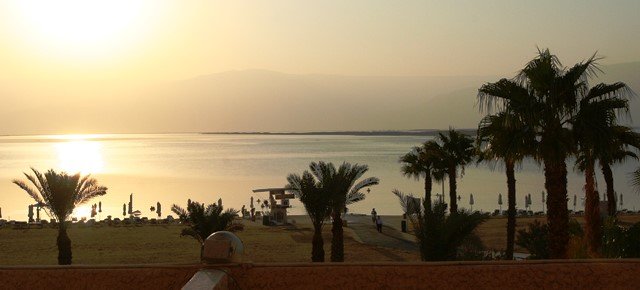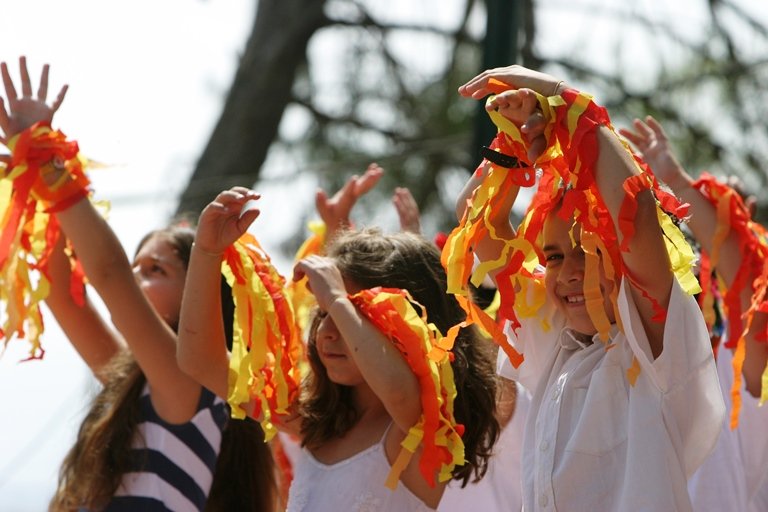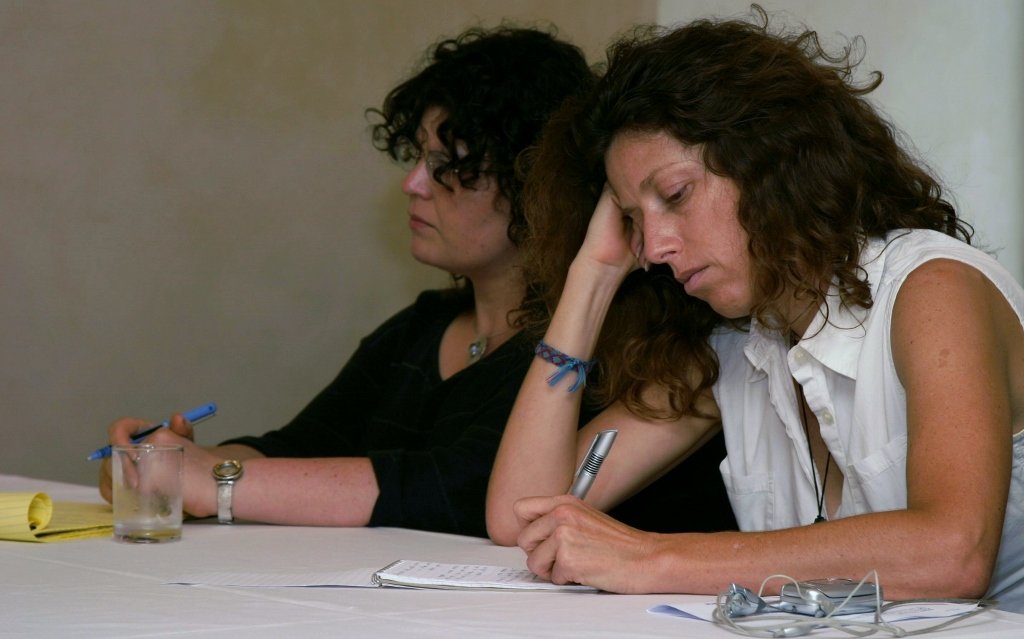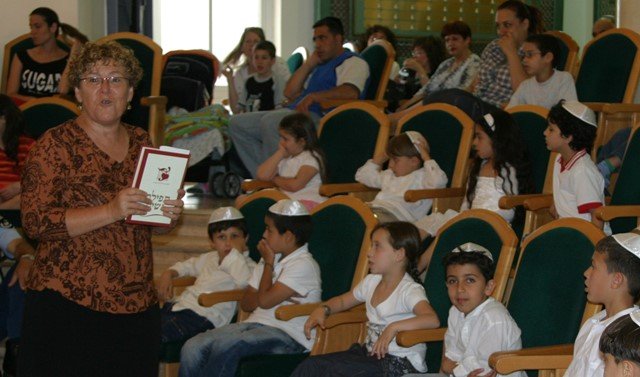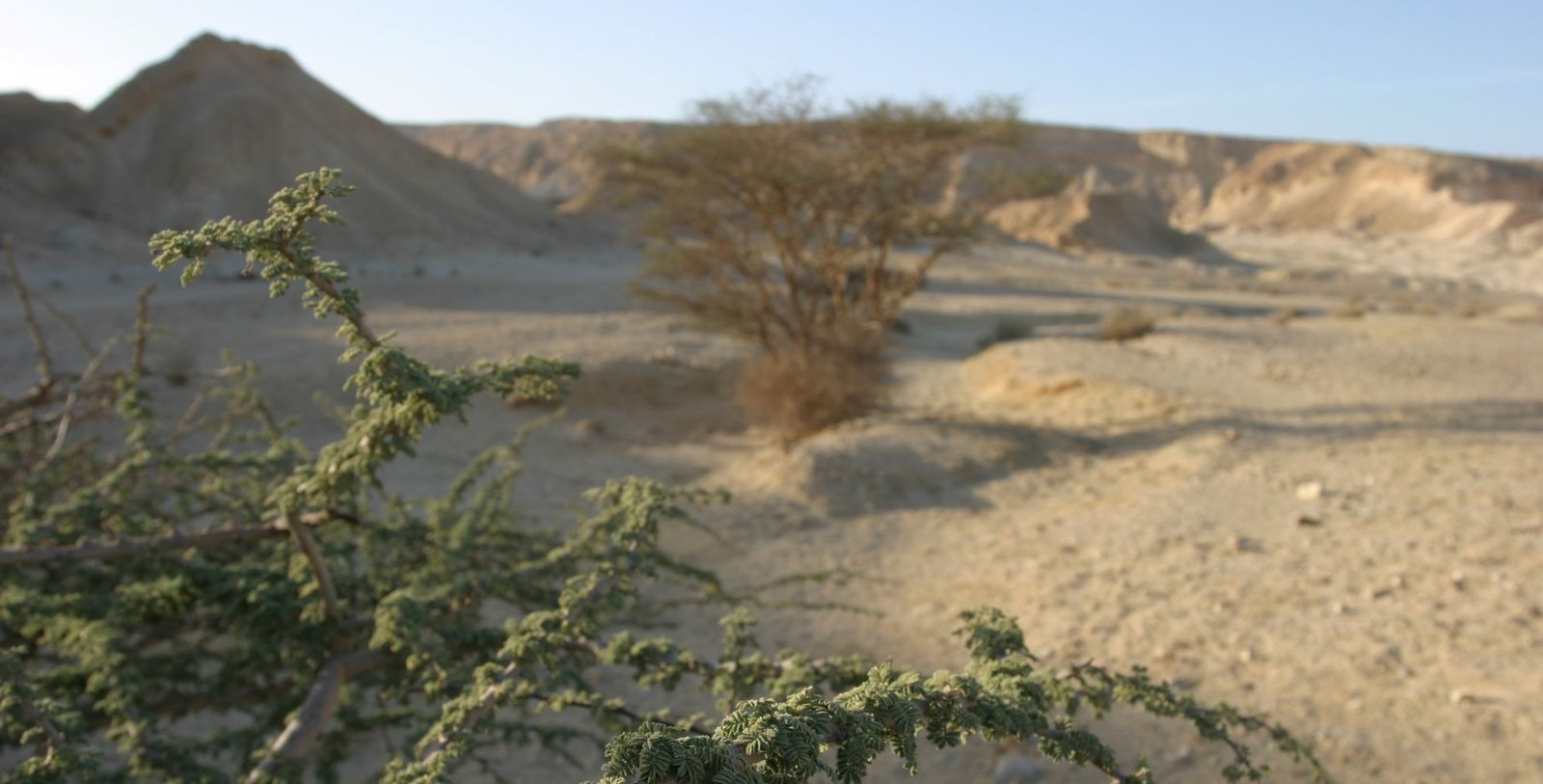Share This Story, Choose Your Platform!
In a public discussion between British natural scientist and atheist Richard Dawkins and British Chief Rabbi Jonathan Sacks, Dawkins stressed the importance of not influencing children religiously in any way. Sacks explained that this is quite different in Judaism, where the Torah emphasizes the importance of teaching children and encouraging them to ask questions.
The Passover, when the Jewish people commemorate one of the most decisive events of their existence, the exodus from Egyptian slavery, accompanied by many miracles, has just passed. On the evening of the Seder, which begins the festival, a kind of liturgy is used, the so-called “Hagadah,” in which the events are explained in a vivid way. According to tradition, it is the task of the youngest member of the family to open the evening with a sung question: “What’s different about this night than all the other nights?” This is one example of how Jewish children are taught to ask questions from an early age. The idea comes directly from the Torah.
According to the Bible, it was not that the people simply left and fled. The Lord God spoke forcefully to Pharaoh and the people of Israel through Moses. All Israeli families had to take care of a cute one-year-old lamb or kid for a few days, then kill it and paint its blood on the posts of their home entrance. Only in this way could the houses of the Israelites be protected from the angel of death. Then they had to eat the lamb still girded and with a staff in their hands. Naturally, the children asked: “Why do we have to kill the lamb that was so cute and beautiful and that we loved so much?”
The Bible speaks of this in Exodus 12:26-27 (ESV): “And when your children say to you, ‘What do you mean by this service?’ you shall say, ‘It is the sacrifice of the Lord’s Passover, for he passed over the houses of the people of Israel in Egypt, when he struck the Egyptians but spared our houses.’” And in the following chapter: “Unleavened bread shall be eaten for seven days; no leavened bread shall be seen with you, and no leaven shall be seen with you in all your territory. You shall tell your son on that day, ‘It is because of what the Lord did for me when I came out of Egypt.’” (Exodus 13:7-8; ESV). From the Hebrew term “higadeta,” “you shall declare,” is derived the name of the liturgy of the Seder evening, “Hagadah.”
Another very well-known text that became the Jewish creed also speaks of the education of children: “Hear, O Israel: The Lord our God, the Lord is one. You shall love the Lord your God with all your heart and with all your soul and with all your might. And these words that I command you today shall be on your heart. You shall teach them diligently to your children, and shall talk of them when you sit in your house, and when you walk by the way, and when you lie down, and when you rise” (Deuteronomy 6:4-7; ESV).
However, I was brought to all these reflections by a young Jewish father whom I observed and heard on the playground. Israelis do not whisper, their voice resounds in the neighborhood, whether the neighbors like it or not. So, this young father put his two children, a boy and a girl, each on a swing so they could have their fun and not run away, and then at the same time explained to them in a clear voice his religious principles, the role of the rabbi, and then immediately applied the whole thing to their lives: “What do you do when someone tells you they don’t want to be your friend…?”
I couldn’t help but approach him and tell him that he had explained all this wonderfully to his children and that I wanted to learn from it. He smiled at me and said to his children: “This woman has come to tell us how beautifully we work together.”

















